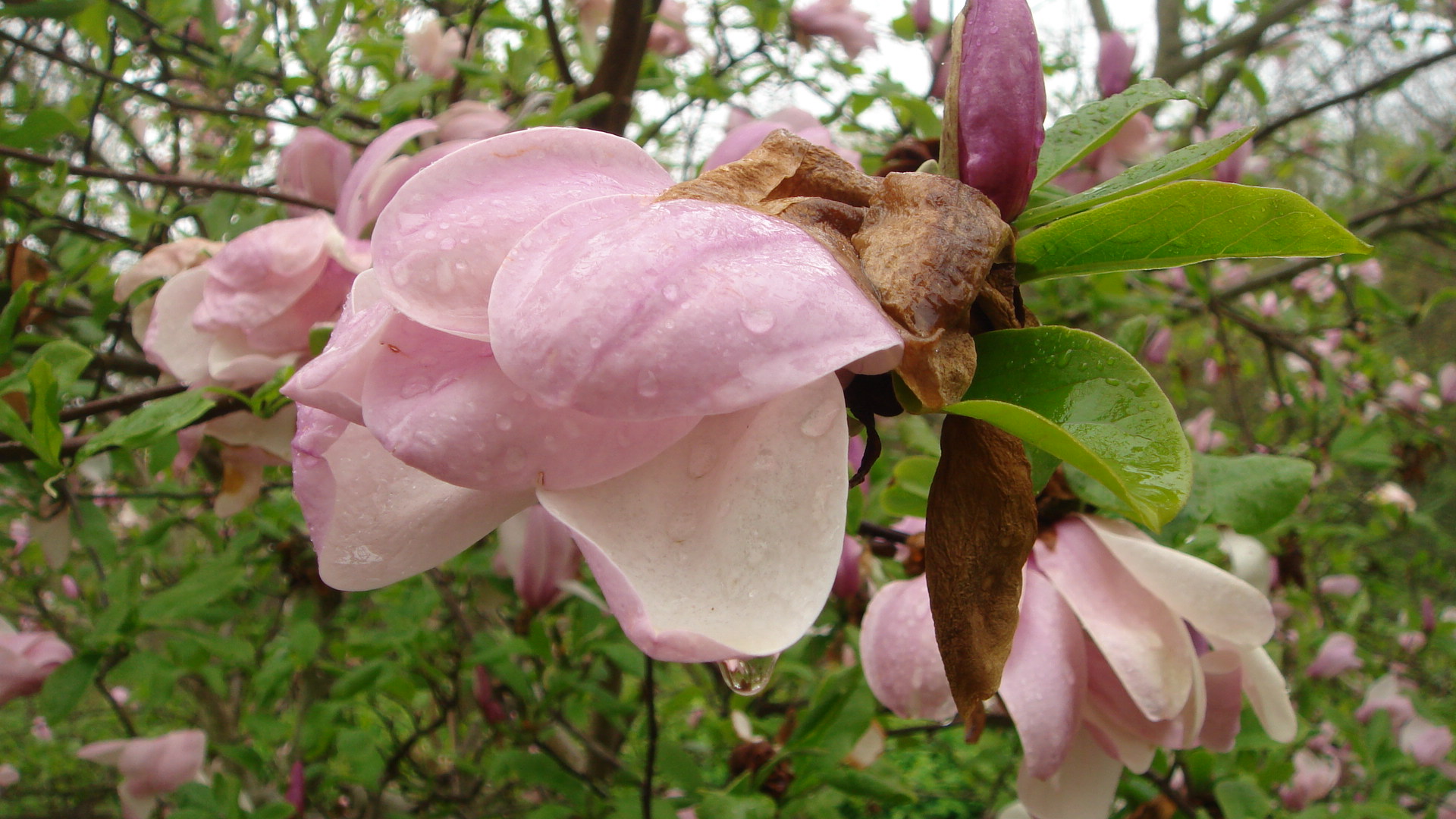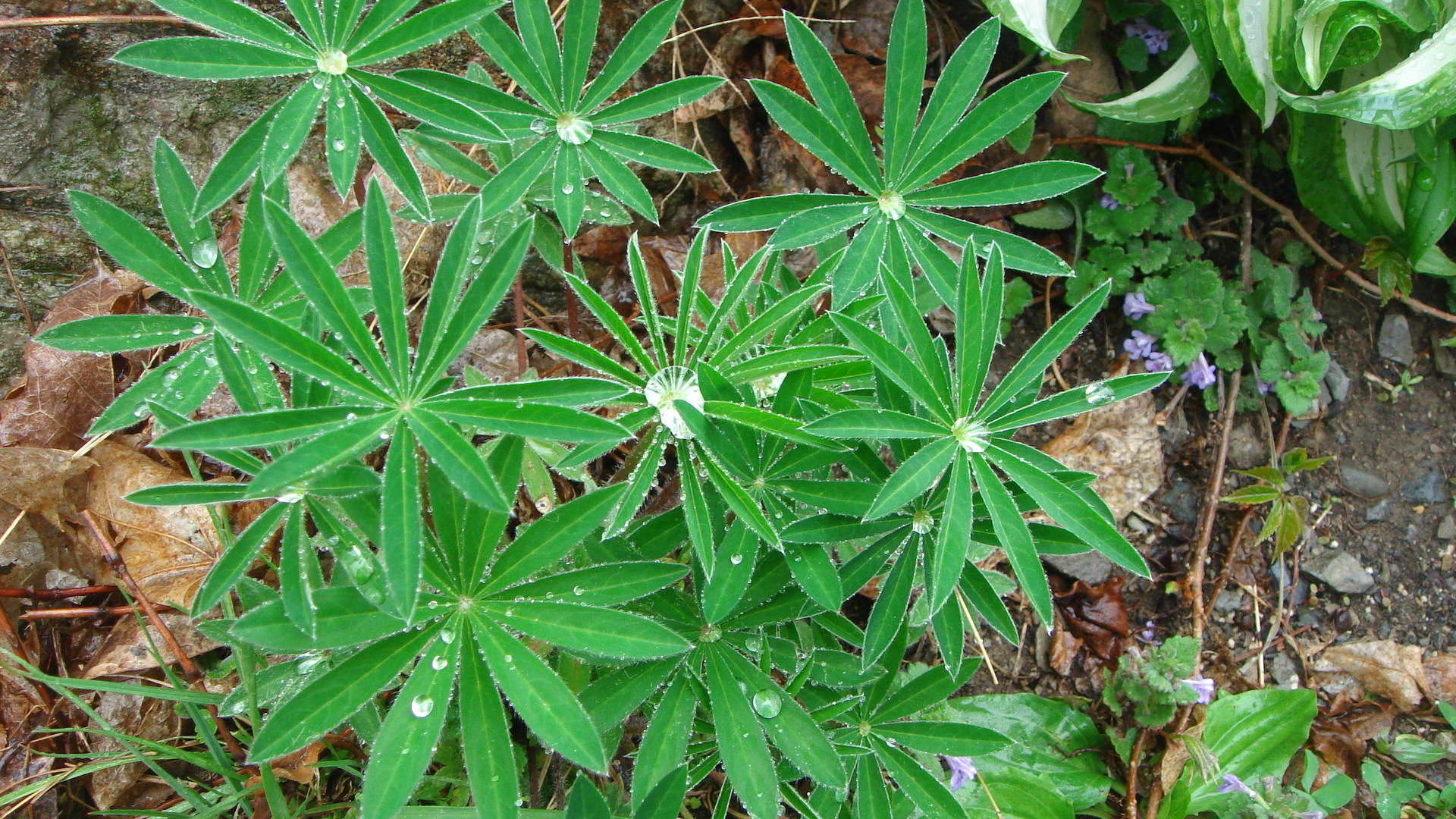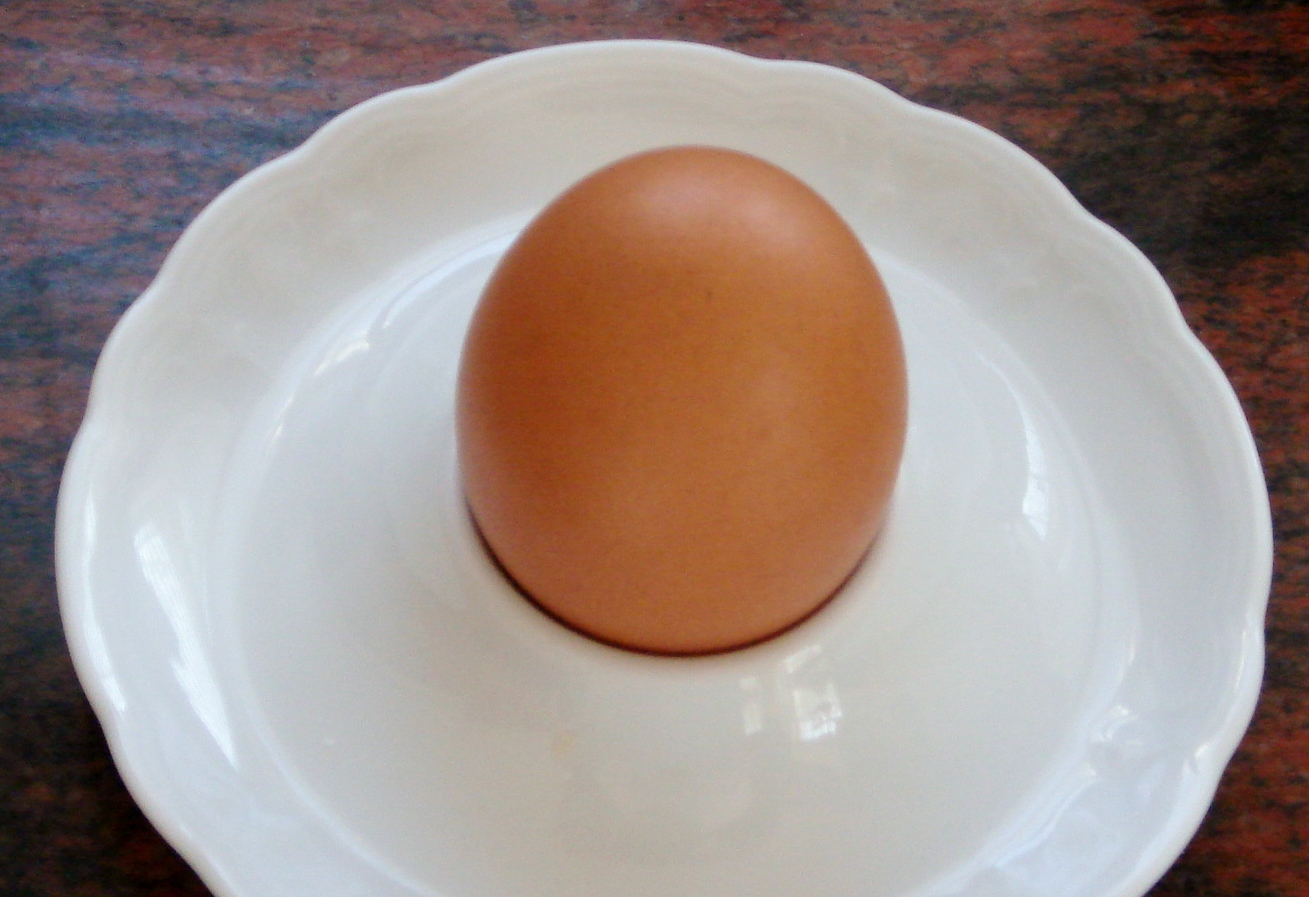(photo by captrosha)
I had this epiphany a while ago when I needed to buy a new duvet cover and saw an organic cotton one on sale. Previously, I had mostly thought about organics in terms of the health benefits to my family and myself - that buying and eating organic foods would prevent us from eating pesticides, harmful additives, antibiotics and growth hormones, genetically modified and weakened foods in general. But the perspective is much more encompassing, which is why I ended up buying the organic cotton duvet cover. With this purchase I voted for a healthier environment and a healthier agriculture, because that cotton didn’t get sprayed with pesticides or subjected to chemical fertilizer, I also voted against the industries that develop and manufacture these fertilizers and toxins, I voted for the health of the farm workers who weren’t subjected to the poisons, and lastly I voted against GMO crops and the big conglomerates that develop them.





